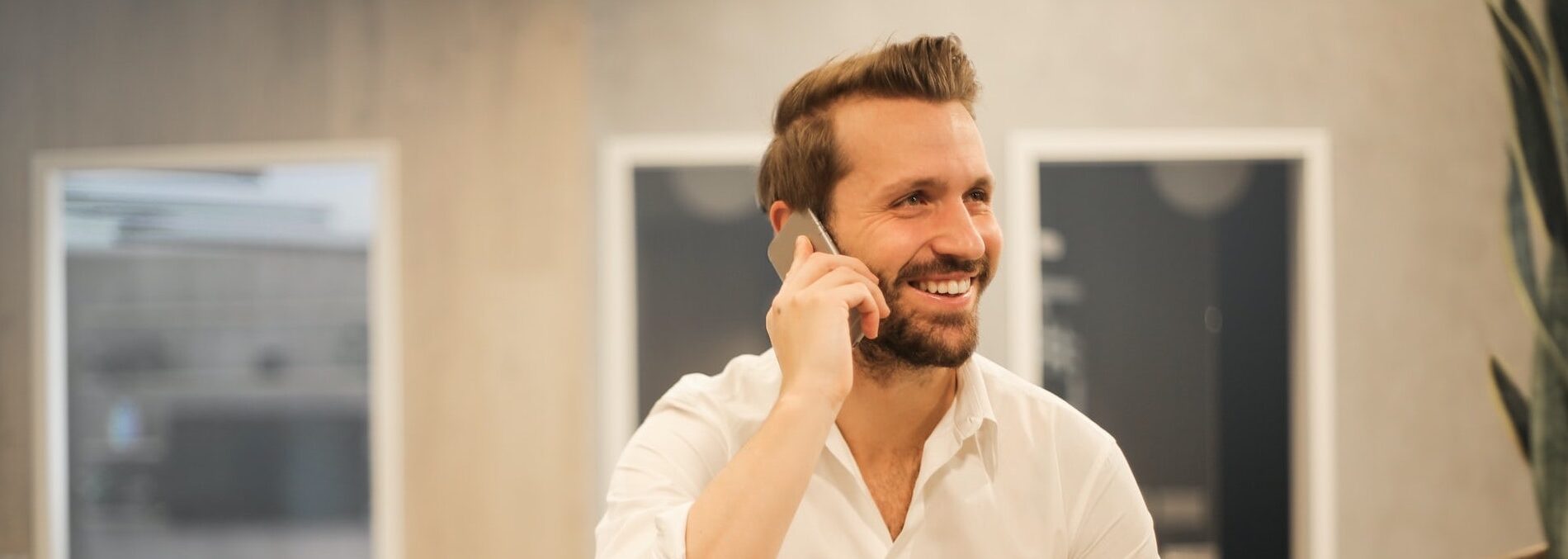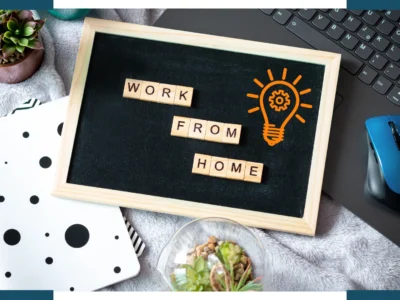Congratulations on securing a telephone interview! Whilst you’re excited, we bet you’re also unsure what to expect and how to prepare. As a recruitment agency, we help many candidates prepare for all stages of the interview process, including the telephone interview.
In this post, we’ll share with you the main difference between an in-person vs a telephone interview, key dos and don’ts and answer some frequently asked questions.
Telephone interview vs in-person
The main difference between a phone interview and an in-person interview is, of course, the interviewer cannot see you. You’ve likely heard that 90% of communication is non-verbal – it’s your body language. Therefore it’s important to remember that all you have to sell yourself in the phone interview is your voice, intonation and the words you say. Practice delivering your answers to interview questions out loud to convey passion, interest, and confidence.
Telephone interview dos and don’ts
Dos
Prepare answers to common interview questions
Start by preparing and rehearsing your responses to common interview questions like, ‘Why do you want to work for this company?’ and ‘Tell me about yourself.’ And you can go more niche by googling interview questions for your specific job title. Sometimes websites like Glassdoor can even hint at what kind of questions the company you will interview for have asked in the past.
Pick a quiet location
If you are doing it at home, ensure you’re in the most silent part of the house and tell your household that you have an interview, so they are also mindful of noise. You may also want to consider a noise-cancelling headset with a microphone if you can get one. And wherever you choose, ensure you have a good telephone signal.
Practice your answers
No matter how many blogs or articles you read or whom you ask for suggestions, we are still going to say it, not once but a thousand times, practice is the only key to your success.
You must know your script well enough to be natural. When you answer the questions, you need to sound like it is second nature to share this information. You will not project that unless you memorise it, practice it aloud, and grow into it, just like an actor does with a script. Give your family members or friends a list of questions and ask them to interview you. Even better if you can do this over a phone call so you can adjust to interviewing over the phone. This is even more crucial advice if you tend to find interviews nerve-wracking.
Put your phone on do not disturb
Once you’ve answered the phone, it can be a good idea to put your phone on do not disturb so you’re not distracted by any incoming calls or messages.
Prepare a list of questions for your interviewer
To show you are interested in the role, always prepare a set of questions to ask the interviewer. This is usually a good opportunity to ask:
- What is the next stage?
- When will I know if I have made it through to the next stage?
- Is there anything relating to my skills and experience that you are unclear about or would like me to clarify?
Remember to smile!
Did you know we can hear smiles? Smiling creates small but important changes to your voice that affect how you sound when you speak.
Don’ts
DON’T Take the call lying in bed
Though it may feel comfortable to lie in bed, it will likely impact your vocal performance. Instead, sit up in a chair or stand if you prefer.
DON’T Take the call from a noisy cafe
Audio quality is important for a telephone call. Unless you have headphones that remove background noise, it’s best to opt for a quiet room for your telephone interview.
DON’T Wear your pyjamas
This may seem like curious advice, given that the interviewer cannot see you. Still, research shows that clothing affects your self-confidence, communication and attention, all things that are vital to succeed in your phone interview. That’s why even though your interviewer can’t see you, it’s important to dress in line with the role you are applying for. Wear clothes that make you feel confident.
Telephone interview FAQs
How long does a phone interview last?
This varies depending on the company, but they typically last up to 30 minutes. Telephone interviews are usually the first stage of the hiring process. Companies use this initial stage to weed out any applicants who do not have the experience, skills and cultural fit to progress to the next stage.
Do phone interviews start on time
Similar to all other interviews, your phone interview will start at the time you agreed with the company. It’s a good idea to be ready at least 10 minutes before the agreed time to settle any nerves you might have before the call.
Who calls who?
Typically the interviewer will call you; however, it’s good practice to clarify this before your interview.
Looking for a job?
We are looking for great talent to fill some of our new vacancies. Visit our jobs board to find out more.









